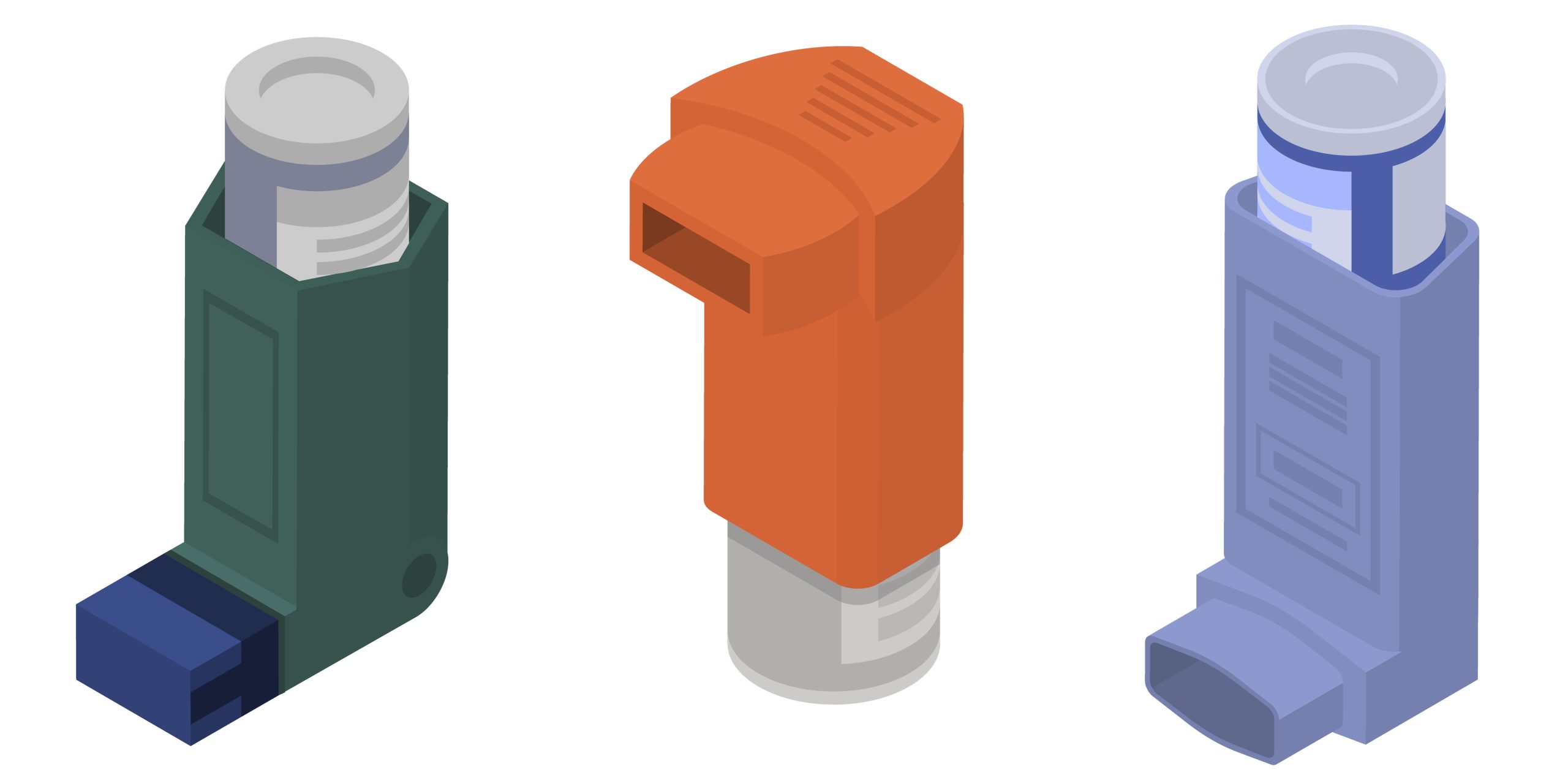Shine Lawyers is working with a US-based firm to investigate the grounds for a mass class-action lawsuit targeting drug manufacturers.
In a win for patient access, 39 formulations of common proton pump inhibitors (PPIs) were added to the 60-day dispensing list just last week; but a potential class action threatens the popular class of drugs.
As of 1 September, GPs can now write 60-day scripts – where patients get two months’ of supply for one dispensing fee – for a range of esomeprazole, pantoprazole, omeprazole, lansoprazole and rabeprazole strengths.
Given that longer-term PPI treatment in Australia is relatively common, it’s a move that will affect the hip pocket of a significant portion of the population.
A 2020 study published in Therapeutic Advances in Gastroenterology estimated that around 6% of Australians who start on PPIs go on to long-term continuous treatment, while a further 10% go on to have long-term intermittent treatment.
PPI prescriptions are also relatively sensitive to policy-level changes to access.
When the PBAC adjusted PPI listings, covering restriction levels, terminology, clinical criteria and the number of repeats patients could get in 2019, high-dose prescriptions plummeted almost immediately.
Related
Whether more or less PPI prescriptions happen as a result of 60-day dispensing remains to be seen; but there is another factor at play.
In July, Shine Lawyers announced it was investigating the body of evidence which suggests that PPIs increase the risk of developing gastric cancers and kidney injuries and whether drug manufacturers have failed to inform consumers of the risk.
The potential action follows pharmaceutical giant AstraZeneca entering into a bulk settlement of kidney-related claims among patients who were on Nexium.
That settlement, which went through last year, was worth around $636 million.
The class action investigation is taking registrations from Australians who have taken esomeprazole, omeprazole, rabeprazole or lansoprazole and were later diagnosed with stomach cancer or suffered kidney damage.
There are no out-of-pocket costs for patients joining the class action.





